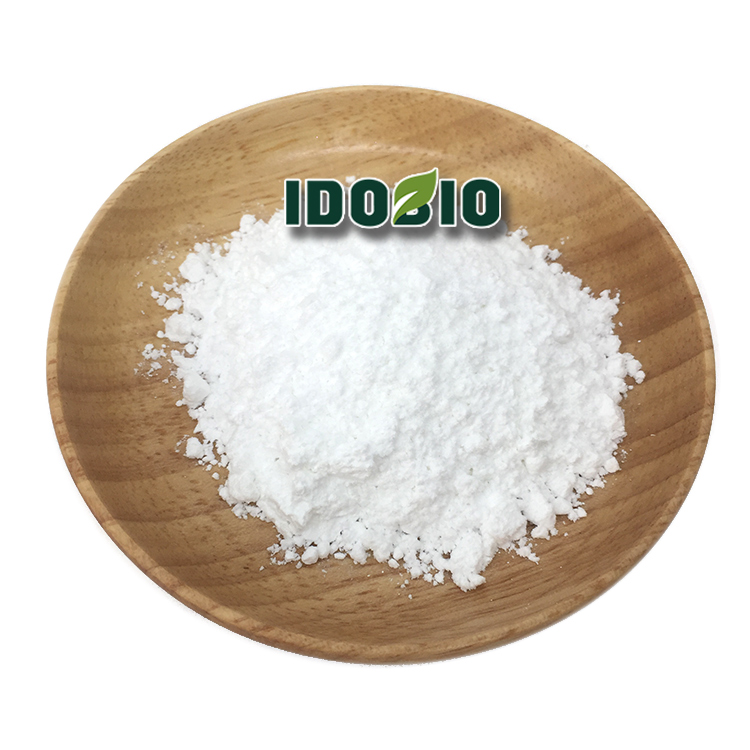Contact Us
For Product Pricing, Customization, Or Other Inquiries:
Contact Supplier
Call Us
Bitter Almond Extract Amygdalin 5% 98%
English name Amygdalin
CAS number 29883-15-6
Molecular weight 457.428
Density 1.6±0.1 g/cm3
Boiling point 743.3±60.0 °C at 760 mmHg
Molecular formula C20H27NO11
Melting point 223-226 °C(lit.)
Flash point 403.3±32.9 °C
Analysis Method: HPLC
Place of Origin:China
Packaging:1KG/Bag. 25kg/drums
The private label service:500g/1kg/ Aluminum foil bag
the Capsules OEM service; 0# Capsules 500mg/pcs. 2000pcs/kg in Vacuum bag
CAS number 29883-15-6
Molecular weight 457.428
Density 1.6±0.1 g/cm3
Boiling point 743.3±60.0 °C at 760 mmHg
Molecular formula C20H27NO11
Melting point 223-226 °C(lit.)
Flash point 403.3±32.9 °C
Analysis Method: HPLC
Place of Origin:China
Packaging:1KG/Bag. 25kg/drums
The private label service:500g/1kg/ Aluminum foil bag
the Capsules OEM service; 0# Capsules 500mg/pcs. 2000pcs/kg in Vacuum bag
Amygdalin (from the Greek "almond"), also known as Amygdalin, is a toxic cyanoside found in many plants,
but most notably in the seeds of plants such as apricots, almonds, apples, peaches, and plums.
It is A glycoside isolated from the seeds of almond in 1803 by Pierre-Jean-Lubik and A. F. Boutron-Charlard.
Liebig and Wohler studied this substance in 1830. Amygdalin is also found in other plum plants, including apricots and black cherries,
as well as in the leaves, fruits and pits of loquat. Ernst T. Krebs had named this substance "vitamin B17" and believed that it could cure cancer,
but subsequent studies proved that this substance did not have such effects.
It is also not considered a vitamin because amygdalin does not meet the definition of a vitamin

English name Amygdalin
CAS number 29883-15-6
Molecular weight 457.428
Density 1.6±0.1 g/cm3
Boiling point 743.3±60.0 °C at 760 mmHg
Molecular formula C20H27NO11
Melting point 223-226 °C(lit.)
Flash point 403.3±32.9 °C
Analysis Method: HPLC
Place of Origin:China
Packaging:1KG/Bag. 25kg/drums
The private label service:500g/1kg/ Aluminum foil bag
the Capsules OEM service; 0# Capsules 500mg/pcs. 2000pcs/kg in Vacuum bag
Function
1. The cardiovascular effects of amygdalin
2. The effect of amygdalin on the digestive system
3. The effect of amygdalin on urinary system
4. The effect of amygdalin on the immune system
5. Antitumor effect of amygdalin
6. The effect of amygdalin on the respiratory system
7. Analgesic effect of amygdalin
but most notably in the seeds of plants such as apricots, almonds, apples, peaches, and plums.
It is A glycoside isolated from the seeds of almond in 1803 by Pierre-Jean-Lubik and A. F. Boutron-Charlard.
Liebig and Wohler studied this substance in 1830. Amygdalin is also found in other plum plants, including apricots and black cherries,
as well as in the leaves, fruits and pits of loquat. Ernst T. Krebs had named this substance "vitamin B17" and believed that it could cure cancer,
but subsequent studies proved that this substance did not have such effects.
It is also not considered a vitamin because amygdalin does not meet the definition of a vitamin

English name Amygdalin
CAS number 29883-15-6
Molecular weight 457.428
Density 1.6±0.1 g/cm3
Boiling point 743.3±60.0 °C at 760 mmHg
Molecular formula C20H27NO11
Melting point 223-226 °C(lit.)
Flash point 403.3±32.9 °C
Analysis Method: HPLC
Place of Origin:China
Packaging:1KG/Bag. 25kg/drums
The private label service:500g/1kg/ Aluminum foil bag
the Capsules OEM service; 0# Capsules 500mg/pcs. 2000pcs/kg in Vacuum bag
Function
1. The cardiovascular effects of amygdalin
2. The effect of amygdalin on the digestive system
3. The effect of amygdalin on urinary system
4. The effect of amygdalin on the immune system
5. Antitumor effect of amygdalin
6. The effect of amygdalin on the respiratory system
7. Analgesic effect of amygdalin






